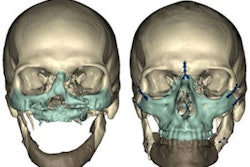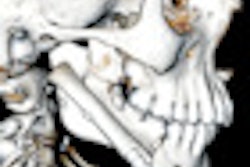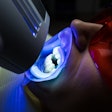The University of California, Los Angeles (UCLA) has established a unique program to restore functionality and enhance quality of life for people who have suffered severe trauma or other disfiguring injuries to the upper extremities, face, or abdomen.
The UCLA Section of Reconstructive Transplantation represents a multidisciplinary effort to use a new transplantation approach known as vascularized composite allotransplantation to treat patients whose tissue loss cannot be remedied through conventional techniques.
Reconstructive transplantation -- a complex surgery involving composite tissues -- marks a new direction for the field, the university noted. Unlike organ transplants, which are performed to save lives, reconstructive transplants aim to dramatically improve them.
The UCLA Section of Reconstructive Transplantation will take advantage of the vast transplantation infrastructure in place at UCLA, the world's largest solid-organ transplant program. The reconstructive transplants will focus on three parts of the body: the upper extremities, the abdominal wall, and the face.
Patients who have experienced trauma to the face or have lost facial tissue through cancer or another disease may be eligible for a reconstructive transplant if their deformity is not amenable to conventional plastic surgery approaches. Although the procedure has cosmetic value, it can also have important functional purposes, such as the reestablishment of the oral sphincter.



















